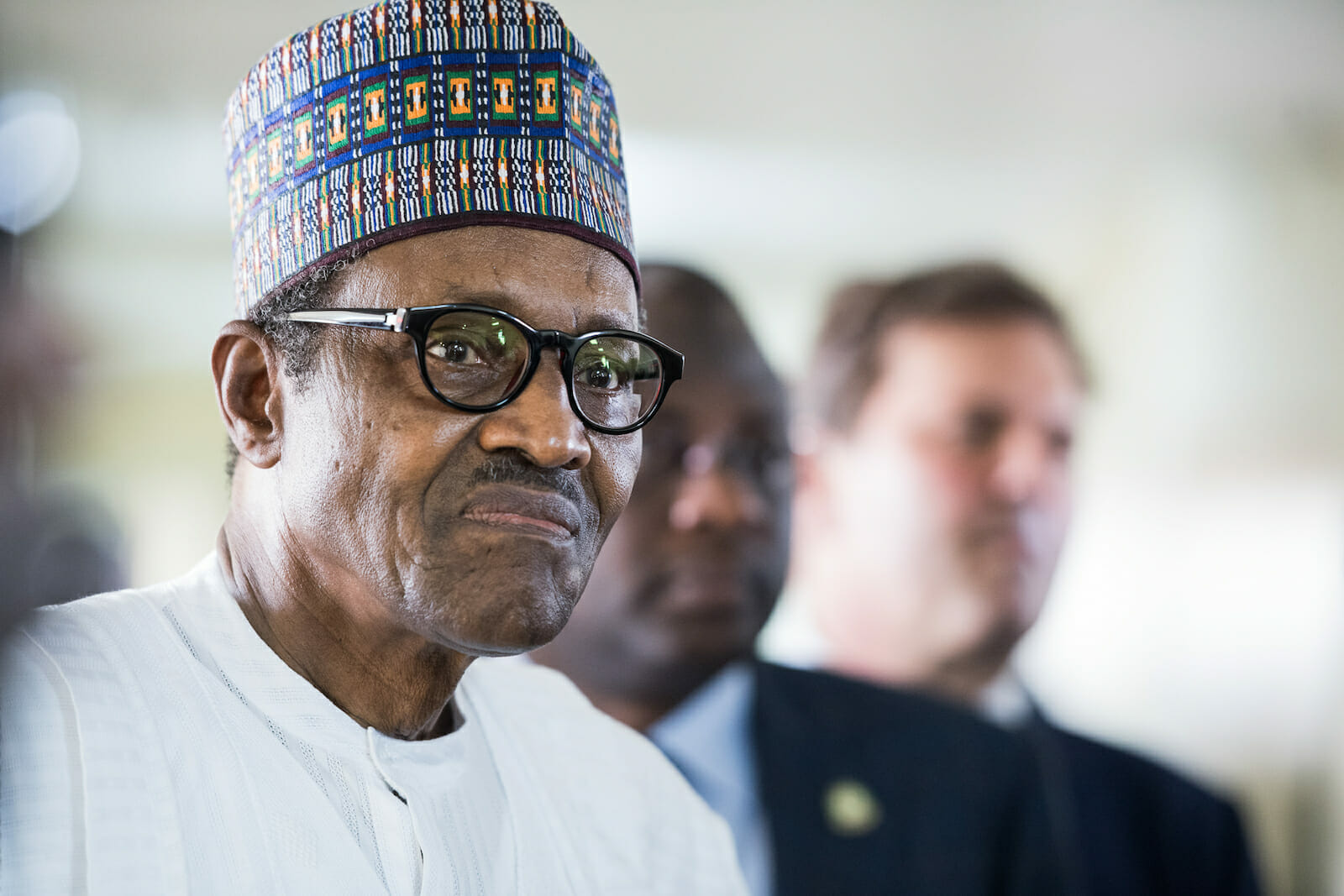
Power Grab Puts African Unity on Knife-Edge
Nigerian President Muhammad Buhari announced that Nigeria would postpone the date for joining the eco – the West African single currency – due to potential member states failing to meet the criteria for joining.
The president’s office tweeted: “Nigeria’s position on the ECO Currency is that the convergence criteria have not been met by the majority of the countries. There therefore has to be an extension of time on the take-off of the single currency.”
Nigeria’s position on the ECO Currency is that the convergence criteria have not been met by majority of the countries. There therefore has to be an extension of time on the take-off of the single currency.
— Presidency Nigeria (@NGRPresident) February 10, 2020
The convergence criteria, agreed upon in summer last year in Abuja, seeks to guarantee the fiscal health of eco adopting countries and includes: government debt no higher than 70% as a percentage of GDP and inflation must be no higher than 10%.
The common currency has been long in the making. The idea has been in the works since the 1960s – encountering several roadblocks over the years, but closer to realisation than ever before.
The decision has been made against a backdrop of a rumbling power struggle between Francophone and Anglophone West African countries. At the end of last year, Ivorian President Alassane Ouattara announced that French-speaking African states would break away from the colonial currency and begin using the eco. Additionally, 50 percent of the African bloc’s currency reserves would no longer need to be held in the French treasury and French officials would no longer sit on the monetary boards of the eco – stripping the French of a key decision-making role.
The proposed change will affect eight countries: Benin, Burkina Faso, Côte d’Ivoire, Mali, Niger, Senegal, Togo, and Guinea-Bissau, impacting more than 110 million people.
The move unsurprisingly drew the ire of English-speaking countries: Nigeria, Sierra Leone, Ghana, Liberia, Guinea, and The Gambia – members of the West African Monetary Zone (WAMZ), who had been frozen out by the unilateral announcement by the Francophone countries.
Nigeria has long had reservations about closer economic integration with its neighbours. The country has voiced concerns around the free movement of people and goods potentially wrecking the Nigerian labour and manufacturing base.
Nigeria has a scale that other countries cannot replicate and, in actuality, could stand to be the biggest winner in a monetary and political union.
WAZM takes issue with the Francophone countries – arguing that the decision to take on the eco has been taken “unilaterally” and was “not in line” with the programme they had agreed upon. The grand idea was for all countries in the Economic Community of West African States (ECOWAS) to take on the eco this year. The eco was to serve as a common currency for English and French-speaking West African countries.
Yanis Varoufakis, a Greek politician, who served a short stint as Greece’s finance minister in 2015, and an outspoken critic of the EU, has written on the asymmetric monetary union theory. Varoufakis defines an asymmetric monetary union as: “National economies that comprise large oligopolistic manufacturing sectors, replete with economies of scale (as well as of economies of networks and of scope), with production units operating at excess capacity (that reflects their market power and their capacity to deter competitors) and concentrating much of economic activity on the production of capital goods.”
In an asymmetrical monetary union, it looks like Nigeria can dominate markets because it has a relatively bigger scale.
Nigeria’s reluctance surrounding closer integration with the continent in any form can be interpreted as a lack of political will to do the deed at all. Particularly when they could benefit by so much. French-speaking countries have thrown a spanner in the works that adds a new dimension to the debate. Ouattara’s intentions to peg the eco to the euro is far removed from what has been agreed by ECOWAS, however arguably this is not the affront the English-speaking countries have taken it as.
Amadou Kane, former head of Africa at BNP said “We know that the eco adopted by all is based on a flexible exchange rate, but we have to proceed gradually. For example, we could agree on setting a fixed-rate period at the end of which we would change exchange rate regimes. We’re learning as we go.”
Regardless, Nigeria’s withdrawal is a way to starve the eco of its greatest economic asset, casting doubt and for as long that is the case the eco is unlikely to come into circulation.
Furthermore, Ouattara revealed his intentions in a speech during a meeting in London at the end of January saying “We could start using the eco as a group of 10 or 11 countries with a common central bank. Since Accra also exports oil, it would be totally conceivable that instead of being pegged only to the euro, the eco could be pegged to both the euro and the U.S. dollar.” Invoking a scenario in which Ghana’s oil production replaces that of Nigeria’s in the block – taking aim at one of Nigeria’s biggest bargaining chips.
A power grab disguised as a step forward for all parties and celebrated as a move away from France’s colonial stewardship could ironically sow even more division among the West African countries.
At a time when Africa has the lowest level of intra-continent trade among all the continents, this is not what the continent needs. A single currency would facilitate intra-Africa trade like nothing before has. If countries like Nigeria were more willing to take the leap of faith then shared experiences, shared language and shared history could be transformed into shared prosperity.

